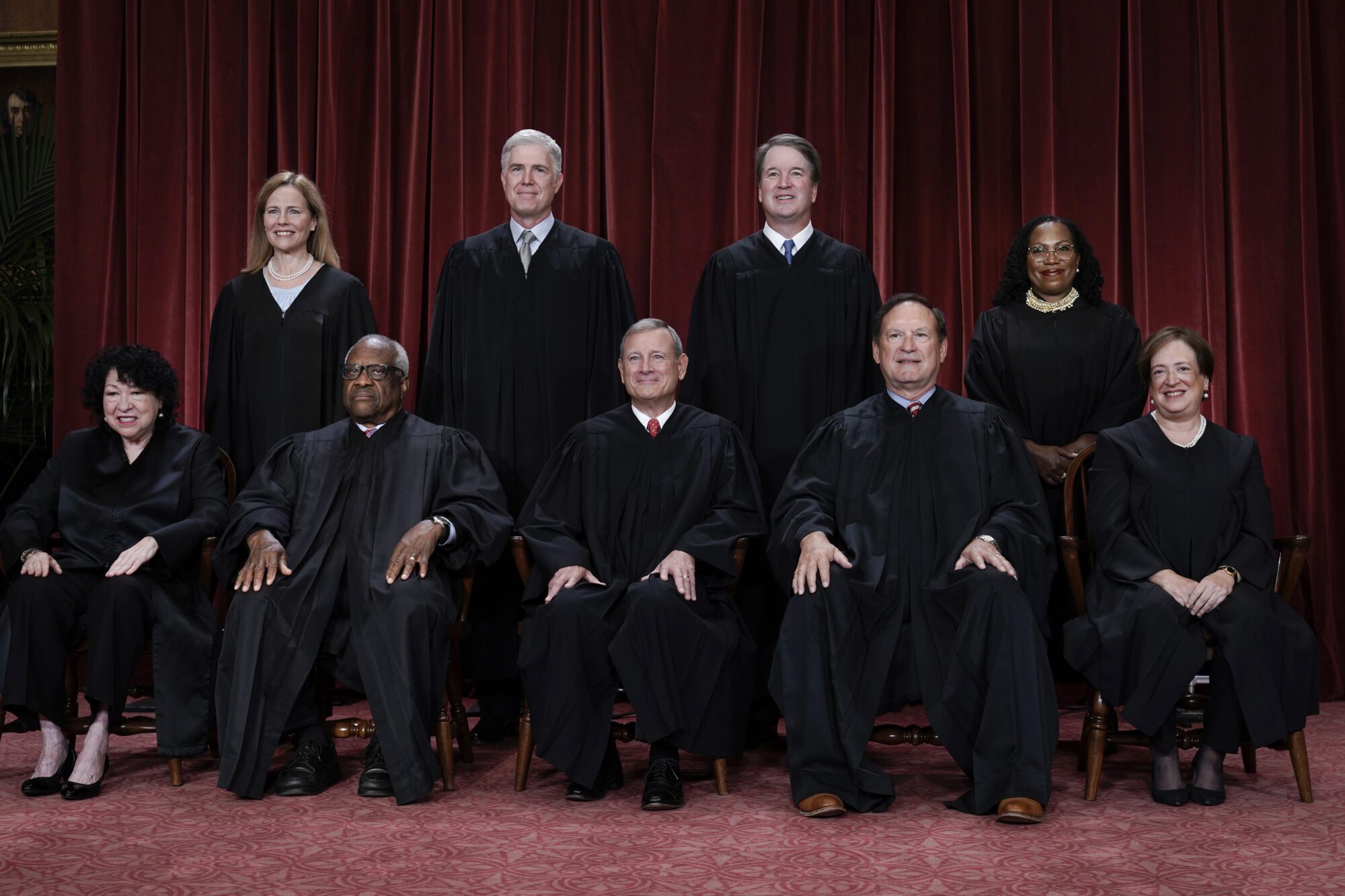POINTOFLAW – Mississippi earwigging a slippery ethical slope
The Factual Basis is an interesting read. In addition to a clear statement of the facts in support of the obstruction charge, the summary of the testimony to come from Ed Peters (who was paid $1 million by Scruggs to influence DeLaughter) and Timothy Balducci (the go-between in the bribery scandal that brought down Scruggs) suggests DeLaughter had good reason to lie to the FBI about the secret communications flowing back and forth between DeLaughter and Scruggs. According to the government, these communications gave the Scruggs team the opportunity to address DeLaughter’s reservations about some issues and, in at least one case, to avoid a critical misstep once they learned that DeLaughter was going to rule in their favor.
Although Scruggs and some Scruggs apologists have, at times, attempted to downplay the various scandals as “mere” Mississippi-style “earwigging” – basically, having someone with influence with a presiding judge use that influence to lobby the judge to rule in your favor – the bribery case that ended Scruggs’ career and the DeLaughter case demonstrate that earwigging can be an ethical slippery slope. In the first, Judge Lackey properly understood the wink-and-a-nod attempt to obtain financial influence over him for what it was – a bribe – and quickly led to the downfall of Scruggs and several others. In the latter, the improper contacts were apparently so extreme and prejudicial that DeLaughter would go to great lengths to avoid their disclosure, even committing a federal crime in the process. Even if DeLaughter had reasonable, legal explanations for his actions in the case, the old adage “it’s not the crime but the coverup” still seems applicable.
Point of Law
7/31/9







